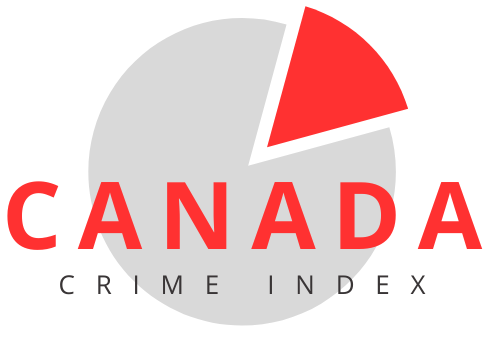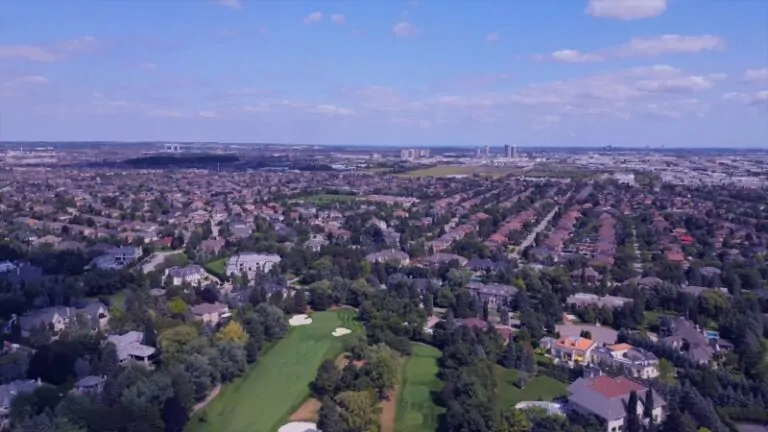The minimum wage serves as a fundamental tool to ensure fair compensation for workers, reflecting societal and economic values about the worth of labor.
In Manitoba, the minimum wage is not only a reflection of economic policy but a vital component of the province’s overall economic strategy.
Recent adjustments have sparked a renewed focus on its impacts and implications, warranting a comprehensive analysis.
Let us talk about changes made recently and those to come in the future.
Minimum Wage Manitoba, Canada

On October 1, 2023, Manitoba’s minimum wage was set at $15.30 per hour, with a scheduled increase to $15.80 on October 1, 2024.
The strategy of tying adjustments to the Consumer Price Index (CPI) is rooted in provincial legislation aimed at maintaining wage growth in line with economic conditions.
The CPI-adjusted model ensures that wage increases are reflective of the cost of living changes, theoretically helping workers maintain purchasing power in the face of inflation.
Another major part is that this will provide predictability for businesses in financial planning and wage management, helping stabilize economic growth.
The scheduled increase is part of a broader strategy to incrementally raise wages while assessing economic impacts and maintaining employment stability.
Here, the Manitoba gov outlines the increases in the last decade:
- October 1, 2016: $11.00
- October 1, 2017: $11.15
- October 1, 2018: $11.35
- October 1, 2019: $11.65
- October 1, 2020: $11.90
- October 1, 2021: $11.95
- October 1, 2022: $13.50
Its worth knowing that the federal minimum wage was in increased on the 1. April and is now at $17.30.
The minimum wage in Manitoba is higher than in most provinces:
| Province/Territory | Minimum Wage |
|---|---|
| Alberta | $15.00 |
| British Columbia | $17.40 |
| New Brunswick | $15.30 |
| Newfoundland & Labrador | $15.60 |
| Northwest Territories | $16.05 |
| Nova Scotia | $15.20 |
| Nunavut | $19.00 |
| Ontario | $16.55, increasing to $17.20 |
| Prince Edward Island | $15.40 |
| Quebec | $15.75 |
| Saskatchewan | $14.00, increasing to $15.00 |
| Yukon | $17.59 |
Scope of Minimum Wage Coverage

In Manitoba, the minimum wage in Manitoba applies universally to:
- Full-time
- Part-time
- Commissioned employees
The idea is to ensure a broad coverage that encompasses various sectors of the economy.
However, there are notable exceptions.
Domestic workers laboring less than 12 hours weekly, participants in government-approved training programs, and temporary election workers under the Elections Act are exempt from these wage requirements.
Specialized sectors like construction may have different standards, reflecting the unique economic and labor conditions in these fields.
These exceptions and special cases highlight the government’s attempt to tailor wage policies to the specific needs and realities of different labor segments.
A report by the Northern Policy Institute shows this policy’s advantages and disadvantages.
Another thing that we would like to point out is that the Manitoba government has the legal possibility of freezing the public sector wages for two years.
Public and Labor Group Reactions
The reaction to the minimum wage in Manitoba rates and their adjustments has been mixed in Manitoba. Public opinion generally favors wage increases as necessary for maintaining living standards.
Labor groups, notably the Manitoba Federation of Labour, push for rates that meet the living wage standards, arguing that the current minimum wage does not suffice for a decent living in the province.
Political debates are also lively, with opposition parties often advocating for more substantial increases.
These discussions highlight the tension between immediate economic pressures and longer-term social goals like poverty reduction and social welfare enhancement.
Shortly after the increase in 2023, CBC Canada published an article in which they show stats on how the minimum wage in Manitoba simply isnt enough for many people.
Canadian Centre for Policy Alternatives is an organization that calls for an increase that would be slightly over $19, more precisely $19.21.
The reason is quite simple, numerous reports are indicating that the living wage is currently at $19.21.
Economic Impact of Minimum Wage Increases
Increasing the minimum wage in Manitoba has direct and indirect impacts on workers and businesses. Bank of Canada published a report on this subject in 2017.
For workers, especially those in low-income brackets, wage increases can lead to improved living standards and reduced poverty, as pointed out by a report done by the Fraser Institute.
However, businesses, particularly small and medium-sized enterprises, face challenges adjusting to higher labor costs.
Strategies to mitigate these impacts include cost-cutting measures, improving employee retention, and possibly raising prices.
Investments in automation and technology offer pathways to maintain or improve efficiency under higher wage costs, presenting a dual opportunity for innovation and cost management.
Interesting Fact: Manitoba’s Disability Support Act proposed an increase of between $100 and $144 for every person with EIA disability.
Broader Implications of Minimum Wage Adjustments
The increase in minimum wage in Manitoba has significant social implications, including potential reductions in income inequality and poverty.
Economically, higher wages may boost consumer spending, which can stimulate economic growth but also risk inflating consumer prices.
Comparatively, Manitoba’s minimum wage is in line with several other provinces, though differences in living costs and economic conditions provide context for these variations.
The Bottom Line
This analysis has explored the multifaceted role of minimum wage in Manitoba’s economy and society.
Balancing fair wages for workers with the sustainability of businesses is a continual challenge.
The ongoing adjustments and debates surrounding minimum wage policy reflect its critical importance and the need for attentive, responsive governance to adapt to changing economic conditions.














